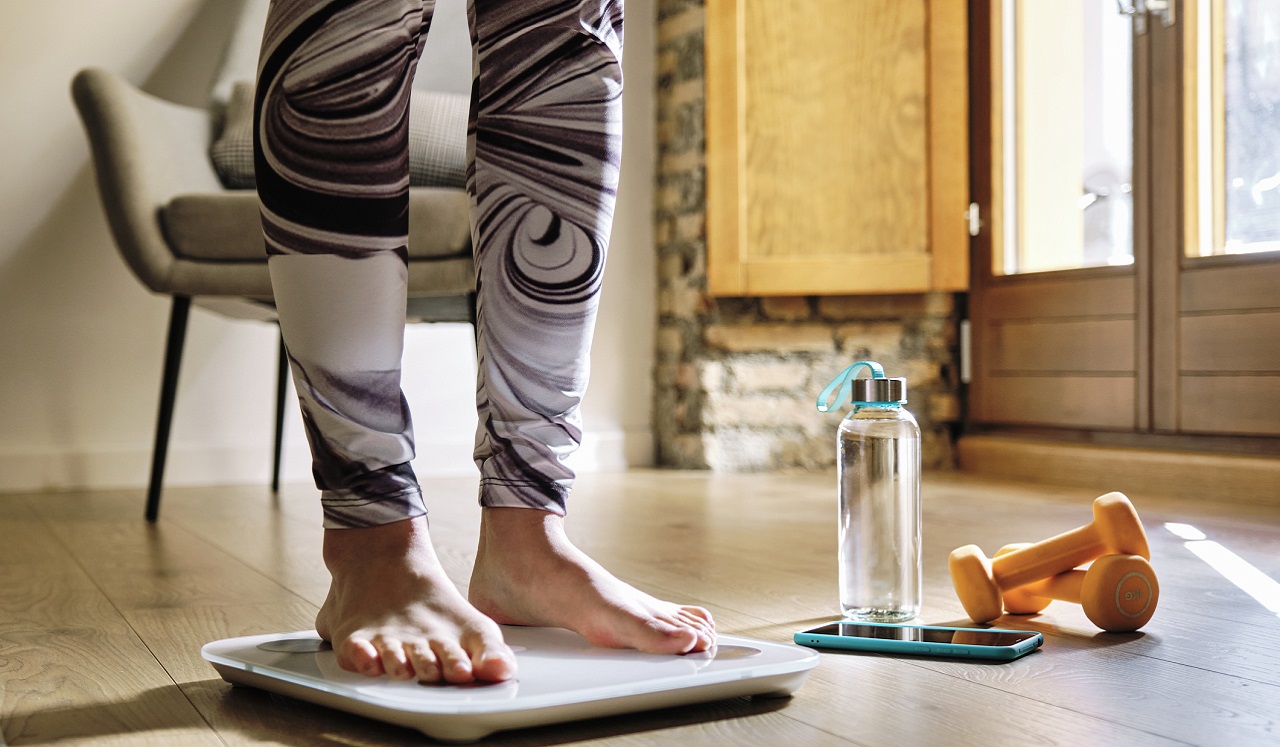With the start of each new year, you intend on racing down a yearlong road to conquer new goals, workout routines and overall wellness.
Here’s the challenge: Each year is a marathon, and you can’t always sprint. You must maintain and sustain.
Though it may not be easy, it’s worth the effort. Committing yourself to staying on the road to wellness is doable, exciting and rewarding.
The journey requires you to embrace a long-term mindset and understand your inner self.
“There’s no one-size-fits-all approach,” says Sepideh Nash, LMFT, a behavioral health educator at Memorial Hermann. “But everyone needs self-reflection, commitment and a willingness to make positive changes in various areas of their life.”
Here are tips to maintain your new healthy lifestyle:
Go deeper—on your motives and any prior misses.
If you’ve tried to do better for yourself in the past and come up short, identify why you haven’t prevailed. Perhaps certain actions or emotions held you back.
“That’s how you make profound and lasting changes in behavior, not just superficial ones,” Nash says. Look at the triggers that caused you to lapse. Also challenge underlying beliefs and thought patterns that hold you back and identify those that propel you.
Perhaps you want more energy in your life. Or perhaps you’re overcoming a daunting diagnosis. Whatever the case, “find a deeper understanding of yourself to help you maintain substantial changes. Self-awareness is important for self-care,” she says.
Prioritize your overall mental health.
“When you’re making changes, your mental health plays a crucial role in how consistent, motivated and committed you are,” Nash says. “You need mental resilience to attain your health goals.”
For starters, try replacing negative thoughts with positive ones. Instead of pondering how much you need to do, think about how much you’ve done so far.
Having such self-compassion can help to keep you motivated. “But it really takes practice,” Nash says. “It involves understanding your emotions, thoughts and needs. Developing a healthier relationship with yourself takes a lot of work.”
That may mean stating affirmations to yourself in front of a mirror. “We should speak to our inner selves as we would speak to a friend, colleague or loved one, reminding ourselves how far we’ve come and that we’re all deserving.”
Quiet your inner critic.
“The more you listen to a negative inner voice, the more power you give it,” she says. “So, challenge the voice that questions ‘Am I good enough?’ Talk back to that critic—and say it out loud: ‘I am strong. I am capable.’”
Also, don’t feel guilty if you’re juggling parenting and a career and somehow find 10 minutes for yourself. “When you contribute to your own health, you can do more for your family,” Nash says.
Be kinder to yourself.
Your friends, family and peers should not be the only ones to champion your cause. You need to advocate for yourself as well. That may mean quieting a negative inner voice.
Perhaps you dislike the way you look. “Try to understand your emotions and move past negative thoughts,” Nash says. “Develop a healthier relationship with yourself.”
As Nash sees it, “When you go to the gym the first time, you don’t walk out with a six pack. Your thought patterns are the same way. It’s small, micro changes that contribute to an overall sustainable change over your lifetime. It takes everyday practice to eventually change from self-critical to self-accepting.”
Be patient with yourself.
“As you ingrain new habits as a vital and integral part of your lifestyle, regularly reflect on your progress and assess what’s working and what’s not,” Nash says.
That means being open to adapting your approach as you go. Adjust your environment, strategies and routines, especially if they hinder your desired changes. “What doesn’t make you feel good?” Nash says. “Reflect on those barriers and consider new things you can try.”
“And focus on consistency, not perfection. Remind yourself that slip ups and obstacles are normal, and you shouldn’t get discouraged if you have a setback.”
Envision your success.
Visualization and manifestation can be powerful techniques, Nash says.
To visualize, you imagine what you can do. To manifest, you make that happen in reality.
When visualizing, set clear, achievable goals that are realistic. “Writing them down gives you clarity and makes them more tangible.”
Also imagine how it will feel to reach levels of success. “Imagine the joy, excitement and pride. It really helps to embrace the positive emotions around a new goal,” she says.
Find your own cheerleaders.
New habits and changes are challenging, “so seek support from those who can provide guidance, encourage you and keep you accountable,” she says. Such persons can be your workout coach, your friends or a family member.
“Whoever those persons are for you, keep your community involved. They can be invaluable,” Nash says.
And voice your intentions, letting your support group know why they matter to you. Maybe your goal is to run a half-marathon. Look for workout buddies who will meet you at the finish line.
If you lack such backing, your support group can be virtual. You may find an online community that's involved in your new lifestyle and can encourage and motivate you.
“Connecting with people on a similar journey can be a great tool,” Nash says. “Your reinforcement may be virtual, but it’s still people – people who have similar goals but have different tools you can use.”
Building a bolstering community is crucial, she says, “but it also requires effort—effort to be open and receptive to the boosts you’re receiving. Remind yourself that you’re deserving of that.”
Celebrate and reflect.
“Share your milestones and achievements with your community,” Nash says. “When people can see what you’ve done and how important it is to you, that keeps them invested and acknowledges your efforts.”
So, celebrate your successes with them—and celebrate yourself for small accomplishments. ”Not everything has to be large or grandiose. We don’t need to have a party for everything. But take time with yourself to celebrate. Reflect regularly on your progress and how far you’ve come,” she says.
In short, be positive, and live your life that way.
“When you feel good about yourself physically, you feel good about yourself mentally,” Nash says. “And including other people in that contributes to your overall positivity. You become a much better person as a parent, as a partner and as a colleague. That all starts with being motivated to become a better person to yourself.”


